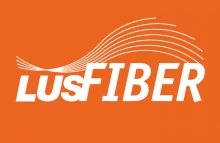Minnesota ISPs Say They May Not Participate In BEAD, Citing Restrictions
States are poised to receive $42.5 billion in new Broadband, Equity, Access, And Deployment (BEAD) subsidies in the new year thanks to the 2021 infrastructure bill. But a growing number of ISPs in states like Minnesota say they may not participate in this latest round of federal grants, citing bureaucracy and burdensome restrictions.
While American Rescue Plan Act (ARPA) grants came with significant leeway as to how grant money could be spent, BEAD grants, overseen by the National Telecommunications And Information Administration (NTIA), come with numerous requirements related to lien mandates, low-cost service obligations, and deployment technology.
Those restrictions serve a purpose in the wake of the boondoggle that was the FCC’s Rural Digital Opportunity Fund, which resulted in a massive number of defaulting bids and unfinished projects because companies bidding on projects lacked the competency or financing to finish their awarded projects. It’s a major reason the NTIA was put in charge of BEAD.
But many Minnesota ISPs are still bristling at BEAD’s requirements, according to Brent Christensen, president and CEO of the Minnesota Telecom Alliance, an organization that represents 70 ISPs across the North Star State.

“My members are telling me they’re not going to participate,” Christensen recently told MinnPost when asked about the $42.45 billion broadband program. “The way that BEAD is structured. I don’t know how anybody’s going to participate.”




